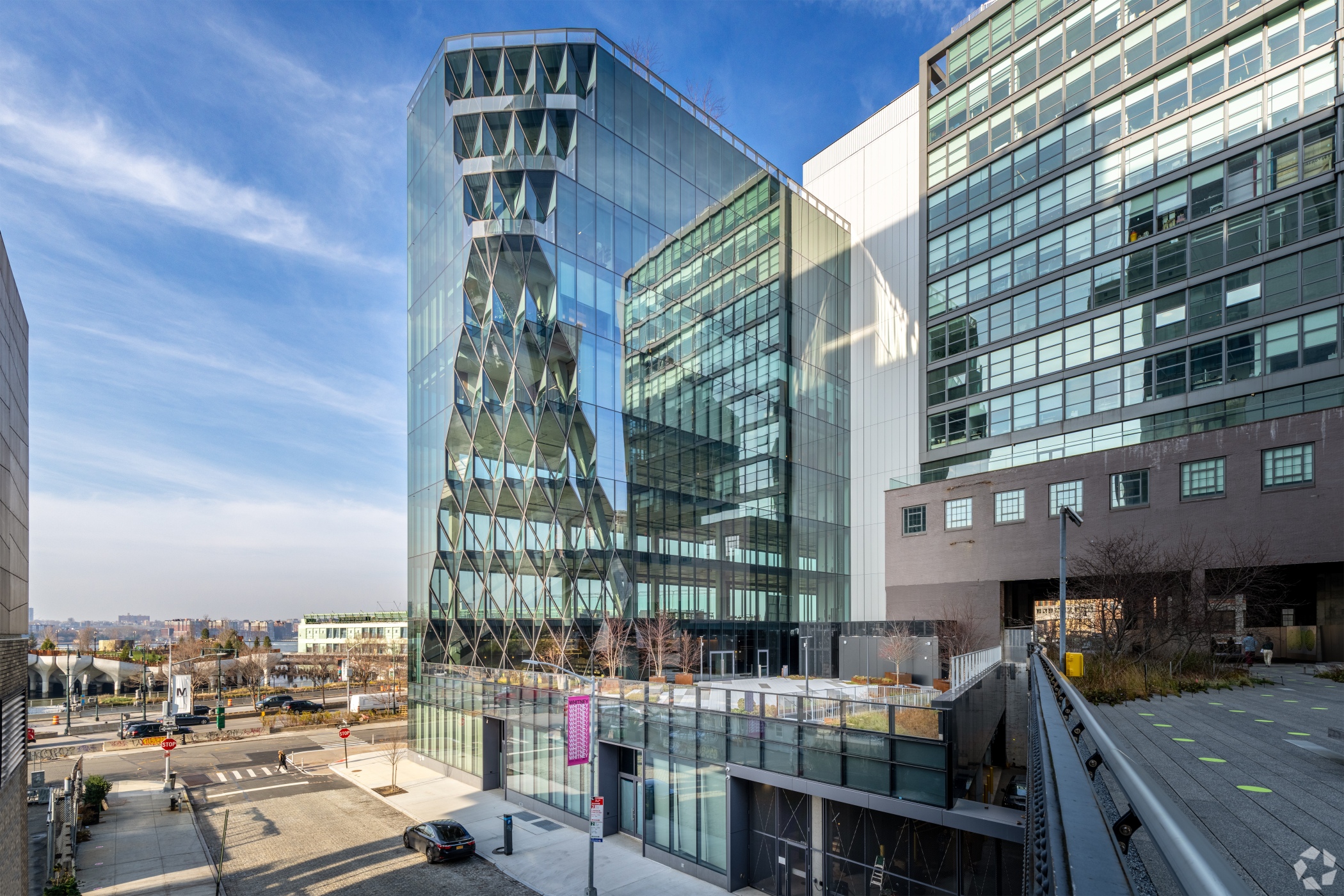Architect Jeanne Gang — who changed the Chicago skyline with her St. Regis Chicago tower, expanded the high-profile American Museum of Natural History in New York and designed the U.S. Embassy in Brazil — is the 2022 winner of the Urban Land Institute’s most prestigious honor.
Chicago-based Gang is this year’s recipient of the ULI Prize for Visionaries in Urban Development. The honor annually goes to a top contributor to community building, visionary land use and development that add to the betterment of society. Gang’s selection was announced in a statement from the nonprofit education and research institute.
Her wide-ranging career includes public and private projects in the United States, Europe and South America.
Gang’s 101-story St. Regis Chicago condominium and hotel tower opened to its first residents in December 2020, and a 192-room St. Regis hotel is expected to open in the spring.

At 1,191 feet tall, it is Chicago’s third-tallest building. The skyscraper is within Magellan Development Group’s 28-acre Lakeshore East, where Gang previously designed the wavy, 82-story Aqua residential, hotel and office tower.
Just before the St. Regis Chicago opened, architecture critic Blair Kamin wrote in the Chicago Tribune that it was “a stirring work of skyline artistry.” He added that the tower “appears as liquid as it is solid, as if the waters of Lake Michigan had burst upward and transformed themselves into fluid, undulating tiers of glass.”
The only taller buildings in Chicago are the 1,451-foot-tall Willis Tower, formerly known as the Sears Tower, and the 1,389-foot-tall Trump International Hotel & Tower.
Gang’s contributions include closing the gender pay gap at her firm and advocating for equal pay throughout the architecture industry, according to the ULI statement.
“Jeanne’s artistry and creativity have established her as one of the most influential architects of her generation,” Ed Walter, ULI’s global CEO, said in the statement. “From museums and skyscrapers to mixed-use developments and learning environments, Jeanne has produced buildings and places that push boundaries and reach new frontiers in sustainable reuse, ecological biodiversity, and social equity. In addition, Jeanne’s commitment to sharing her knowledge and experience with our members has aided ULI in expanding our mission, and I have no doubt this prize will help cement her legacy for years to come.”
Gang will receive the $100,000 award at the ULI’s fall meeting in Dallas Oct. 24-27, where she will be a speaker.

Past winners of the award have included Jonathan F.P. Rose, a New York-based affordable housing developer; Anthony Williams, former mayor of Washington, D.C.; Chilean architect Alejandro Aravena; Chicago artist and urban planner Theaster Gates; and Boston-based Zipcar co-founder Robin Chase.
Gang was named one of Time Magazine’s most influential people in the world in 2019. She is a MacArthur Fellow and a professor in practice at the Harvard Graduate School of Design, from which she is a graduate.
The northern Illinois native’s firm, Studio Gang, is also based in Chicago. It also has offices in New York, San Francisco and Paris.
“I am honored to be recognized by ULI, whose efforts to foster collaboration across real estate and land use disciplines are critical for shaping more resilient and equitable futures for our cities,” Gang said in the ULI statement. “I hope this award will inspire even more developers, architects, planners, and policy makers to come together to realize places that can both uplift communities and support our planet’s greater network of living things.”
Gang’s ongoing and upcoming projects include the Richard Gilder Center for Science, Education and Innovation expansion at the American Museum of Natural History; a new global terminal at Chicago’s O’Hare International Airport; the Q Residences in Amsterdam; the University of Chicago’s European hub in Paris; a renovation and expansion of the Arkansas Museum of Fine Arts in Little Rock; and the new U.S. Embassy in Brasilia.

Completed projects have included the Solar Carve offices along the High Line linear park in New York; the Writers Theatre in Glencoe, Illinois; the Arcus Center for Social Justice Leadership at Kalamazoo College in Michigan; the Mira condo tower in San Francisco; the 11 Hoyt condo tower in Brooklyn; and the Solstice on the Park residential tower in Chicago’s Hyde Park neighborhood.
Her completed public spaces in Chicago include two boathouses along the Chicago River and the Nature Boardwalk at the Lincoln Park Zoo on the North Side featuring a honeycomb-like pavilion.
“Jeanne’s work is elevated further by her commitment to helping others envision a new future for design,” Randy Rowe, ULI Prize Jury Chair and chairman of Green Courte Partners in Chicago, said in the statement. “Through research, publications and exhibitions, she has educated urban designers and architects about how they can make meaningful change with their own projects. This could not be more in line with ULI’s mission, and it’s clear her efforts continue to have a lasting, positive impact on communities worldwide.”
